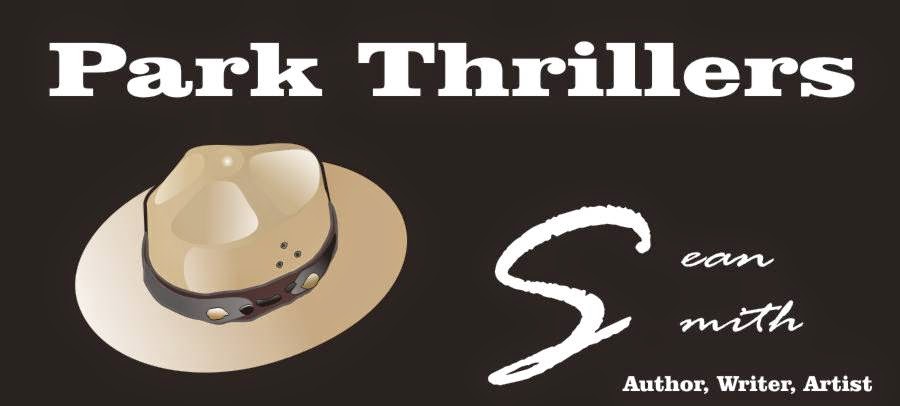Ever wonder what it's like to be a park ranger? What type of crazy adventures do rangers get into? What are some of the most challenging questions they get?
Tuesday, October 26, 2021
Confessions of a Former Park Ranger ~ Video
Tuesday, October 5, 2021
America's Giant Sequoias teeter on Extinction. A real life what and whodunnit?
 |
| Fire Fighters among Giant Sequoias: Credit USDA |
Wednesday, August 25, 2021
The National Parks 105th Birthday: Let's Celebrate
 |
| Happy Birthday Park Service ~ NPS |
But parks are more than this, I've realized parks are one of the last best hopes from our country and planet. I spent many a summer in the national parks talking with tens of thousands of visitors. Inevitably those conversations would to turn to me asking where the visitor was from. While working in Yellowstone if I asked a local where they are from, they would say Jackson Hole or Bozeman. Meanwhile, someone from out of state might say Washington, Idaho or Oregon. People from further away might claim the Northeast or the South. While visitor from other countries identified with their entire homelands like Japan, Germany, or Australia. I found that the further one is away from home the more people one identifies with and relates too.
I imagine someday there will be similar parks on the moon and park rangers will ask those tourist where they are from, and if my hypothesis holds, those visitors will point to the earth and say that's where I'm from.
National Parks have a magic power to breakdown boundaries. Not just political ones, but also psychological and social boundaries as well. I witnessed countless times, visitors who likely were introverts or avoided contact with strangers striking up conversations with others they just met when they found out they shared something in common as simple as they both were visiting from the same city, state or region.
This magic the National Parks have to create common ground is needed more than ever. We need more places where people see each other as part of the same human race and with just a little prodding can find common ground upon which to start conversations.
What makes National Parks special to you? Tells in the comments below.
Sunday, August 22, 2021
National Parks' Ultimate Purpose? Creating Common Ground
funding and the impact record visitation is having on resources and experiences.





